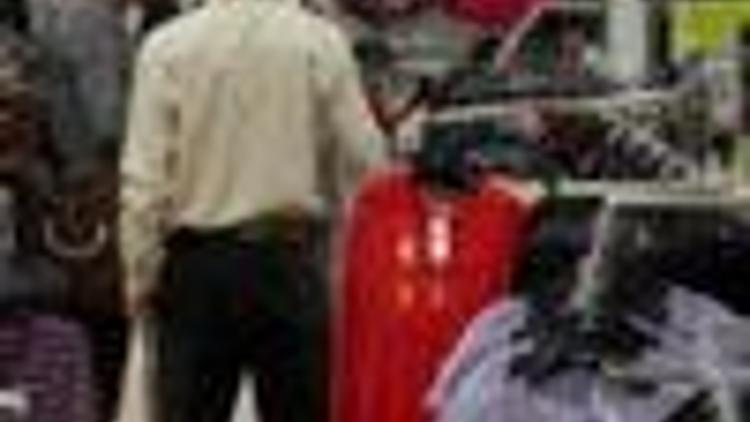Crisis gnaws at Japan sentiment, China output
Güncelleme Tarihi:

Japan reported its sharpest crash in business sentiment in three decades on Monday and industrial output in China grew at its slowest pace since 1999, the latest signs of the damage done to Asian economies by the global crisis.
But markets rallied despite the gloomy data, buoyed by expectations that the White House would step in to prevent the collapse of the "Big Three" U.S. automakers.
President George W. Bush told reporters aboard Air Force One on a flight from Iraq to Afghanistan that while some funds earmarked to shore up the U.S. financial industry could be diverted to save the automakers, no announcement was imminent.
"We're not quite ready to announce that yet," he said, adding that a decision would not take long.
Last week's collapse of auto bailout talks in the Senate sent world markets reeling as investors feared another ugly turn in global turmoil that began last year with the U.S. subprime mortgage crisis and has now sent major economies into recession.
Over the weekend carmakers elsewhere produced dire warnings about the state of their sector.
Martin Winterkorn, CEO of Europe's biggest carmaker, Germany's Volkswagen, told Monday's Sueddeutsche Zeitung newspaper that its sales could fall about 10 percent next year in a global market expected to fall around 20 percent.
The joint general secretary of Britain's Unite trade union, Tony Woodley, said up to 40,000 car industry jobs could go in Britain in the next four weeks unless the government intervenes.
JAPANESE SENTIMENT DIVES
The Bank of Japan's tankan survey gauging big manufacturers' sentiment fell to minus 24, slightly worse than expected, from minus 3 the previous quarter. It was the biggest fall since the oil crises of the 1970s and the bleakest outlook since 2002, when Japan was recovering from a slump after a banking crisis.
The December survey pointed to more economic gloom ahead.
"The extent of the worsening outlook for March is a bit shocking," said Susumu Kato, chief economist at Calyon Capital Markets Japan. "It's hard to predict the bottom of the current economic cycle."
Bank of Japan Governor Masaaki Shirakawa told the Financial Times the Japanese economy might contract in the year to March 2010. The central bank had previously forecast a modest recovery with 0.6 percent growth in the next fiscal year.
In a historic meeting on Saturday, Japan, China and South Korea pledged joint action to tackle the impact of the global crisis, despite decades of animosity.
But while they promised not to create new trade barriers and backed efforts to bolster a regional safety net of currency swaps, they did not unveil any new initiatives.
CHINESE OUTPUT GROWTH FALTERS
China, Asia's biggest emerging economy, still expects robust growth despite the global slowdown.
But its annual industrial output growth slowed to 5.4 percent in November, the weakest in at least nine years for a non-holiday month and down from 8.2 in October, the National Bureau of Statistics said. The median forecast of 26 economists polled by Reuters was for growth of 7.1 percent.

